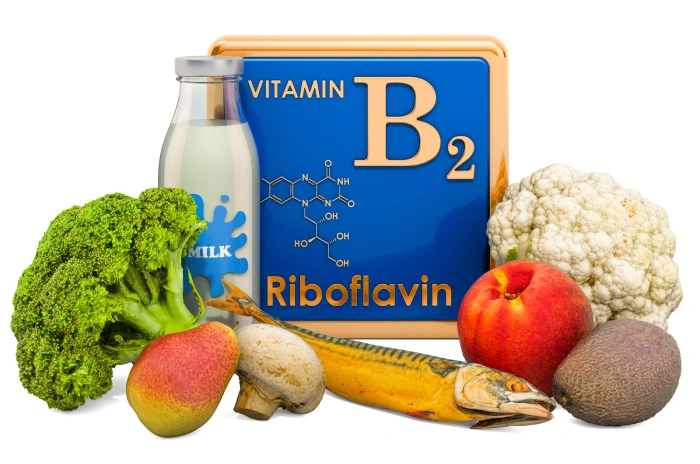FDA Issues Draft Guidelines on AI Use in Pharmaceutical Regulatory Decisions
The U.S. Food and Drug Administration (FDA) has taken a significant step forward in the realm of pharmaceutical innovation by issuing draft guidance on the use of artificial intelligence (AI) in drug and biological product development. This landmark document provides recommendations for leveraging AI to support regulatory decisions concerning the safety, efficacy, and quality of pharmaceutical products.
FDA Commissioner Robert M. Califf, M.D., emphasized the agency’s commitment to fostering innovation while maintaining rigorous scientific and regulatory standards. The guidance aims to establish an agile, risk-based framework that harnesses AI’s transformative potential to accelerate medical product development and enhance patient care.
Since 2016, the FDA has witnessed an exponential increase in regulatory submissions incorporating AI components. The technology’s applications in drug development are diverse, ranging from predicting patient outcomes to analyzing large datasets from real-world sources and digital health technologies.
Central to the guidance is the concept of model credibility—establishing trust in an AI model’s performance for a specific context of use. The FDA provides a risk-based framework for sponsors to assess and demonstrate the credibility of AI models, encouraging early engagement with the agency regarding AI credibility assessment and its use in drug development.
The draft guidance is the result of collaborative efforts across various FDA centers and offices, incorporating feedback from a wide range of stakeholders. It builds upon the agency’s experience with over 500 drug and biological product submissions featuring AI components since 2016.
The FDA is now seeking public comment on the draft guidance within a 90-day period, particularly regarding its alignment with industry experience and the sufficiency of engagement options for sponsors and interested parties.
This guidance specifically addresses AI use in drug and biological product development, complementing a separate draft guidance on AI-enabled medical devices. These initiatives reflect the FDA’s ongoing commitment to transparency, innovation, and ensuring product safety and effectiveness in the rapidly evolving field of AI in healthcare.
Commentary by SuppBase columnist Alice Winters:

The FDA’s draft guidance on AI in drug development marks a pivotal moment in the pharmaceutical industry’s technological evolution. This forward-thinking approach demonstrates the agency’s recognition of AI’s transformative potential while underscoring the need for rigorous scientific standards and regulatory oversight.
The emphasis on model credibility is particularly noteworthy. By providing a risk-based framework for assessing AI models, the FDA is setting a crucial precedent for responsible AI integration in drug development. This approach not only fosters innovation but also ensures that AI-driven decisions are grounded in robust, verifiable methodologies.
However, the guidance also raises important questions about the future landscape of drug development. As AI becomes more prevalent, we must consider its implications for clinical trials, drug discovery processes, and even the definition of scientific evidence. Will AI-generated insights be weighted differently from traditional research methods? How will this impact the drug approval process and timeline?
Moreover, the FDA’s call for early engagement with sponsors on AI credibility assessment is a double-edged sword. While it promotes transparency and collaboration, it may also create new challenges for smaller biotech firms with limited resources to navigate these complex AI validations.
The guidance’s focus on context-specific use of AI models is commendable, acknowledging that AI is not a one-size-fits-all solution. This nuanced approach will likely lead to more targeted and effective applications of AI in drug development, potentially accelerating the path from discovery to market for crucial medications.
From a supplement and health product perspective, this guidance could have far-reaching implications. As the line between pharmaceuticals and nutraceuticals continues to blur, we may see similar AI-driven approaches in the development and regulation of dietary supplements. This could lead to more precise formulations, better understanding of ingredient interactions, and potentially, a new era of personalized nutrition.
In conclusion, the FDA’s draft guidance on AI in drug development is a significant step towards embracing technological innovation while maintaining rigorous safety standards. It sets the stage for a new era in pharmaceutical research and development, one where artificial intelligence and human expertise work in tandem to bring safer, more effective treatments to patients faster than ever before. As this field evolves, it will be crucial for all stakeholders—from regulators to researchers to consumers—to remain engaged in the ongoing dialogue about the role of AI in shaping the future of healthcare and wellness.



